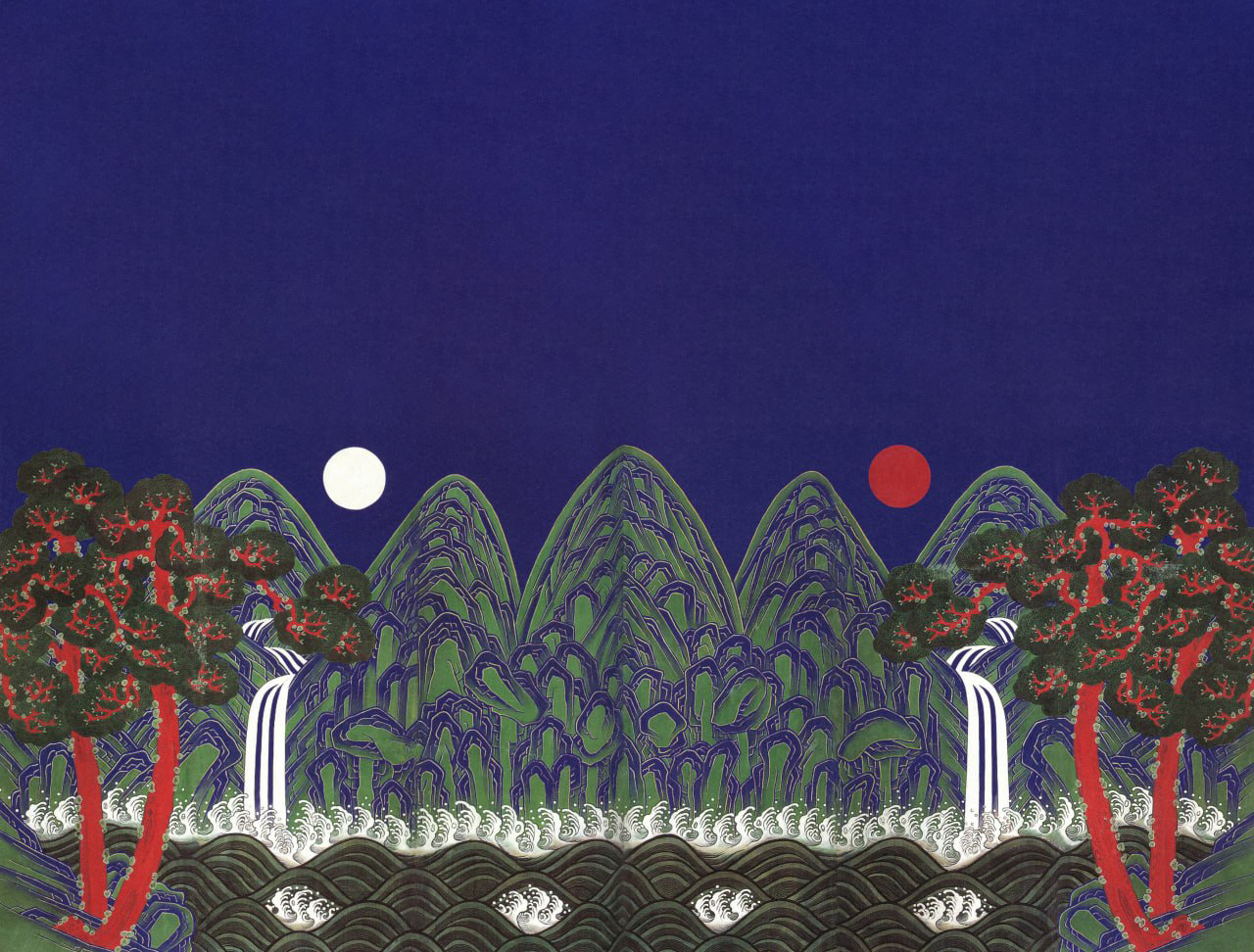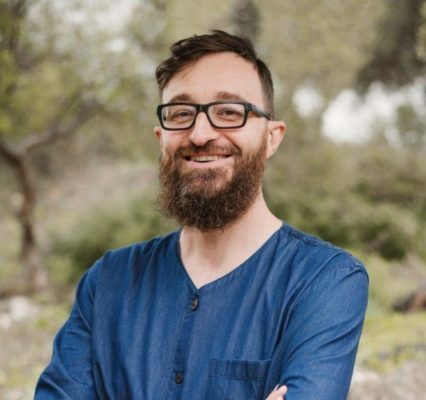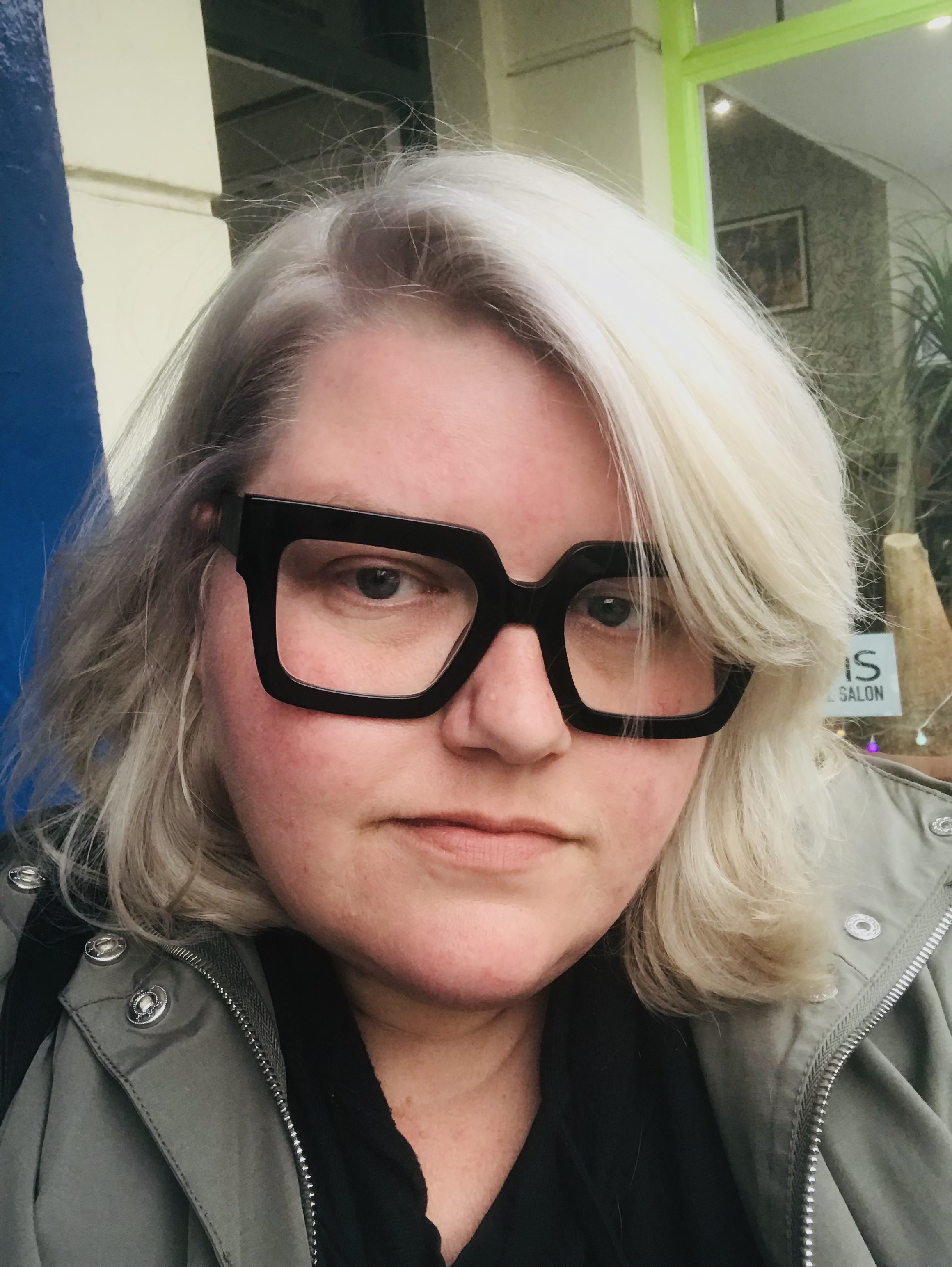
During the Cluny retreat of the Convergence of Commoners group, set in the context of an ecological farm surrounded by fields, animals, and forests, and as part of a workshop led by Amber Huff, I took part in a narrative exercise called Unnaming, a method that involves removing the titles, categories, and identities normally assigned to things in order to reveal their underlying essence.
This resonates deeply in a commons-based environment, where collective care and relationality take precedence over rigid and hierarchical structures. A notable example of this concept can be found in Ursula K. Le Guin’s short story She Unnames Them, in which the protagonist reverses the act of naming the animals in the Garden of Eden, questioning the power dynamics and social structures inherent in categorization.
In a broader sense, Unnaming can serve as a metaphor for deconstructing dominant narratives that define individuals or communities. By removing labels—whether political, social, or ideological—participants in a deliberative space can approach topics such as freedom, identity, and autonomy with greater freedom. This opens the door to deeper, more essential forms of understanding that go beyond predetermined roles or categories, allowing for more fluid interpretations based on shared human experience.
In deliberative assemblies, the exercise of Unnaming holds great potential for addressing polarization. It can disrupt entrenched positions, creating space for empathy and creativity, especially in complex discussions around identity politics, migration, environmental management, and social inclusion. By temporarily setting aside labels and categories, participants are invited to reimagine not only their own roles but also the very nature of the issues being discussed, fostering new and unexpected solutions from a more inclusive and shared space.
The story I present below also suggests future innovations within the deliberative democracy movement, such as giving ecosystems a voice in deliberation and deinstitutionalizing the location of assemblies. These are often held in spaces that mimic institutional settings, like parliamentary chambers or government buildings, which end up replicating the structures of representative democracy. By shifting this approach, we can create more open and relational spaces, connected to nature and non-human forms of life, enriching democratic deliberation and its ability to tackle ecological challenges. Furthermore, the story draws inspiration from La Fontaine’s fables, like Le Corbeau et le Renard, evoking the importance of wisdom and cunning in the search for collective solutions.
The Assembly in the Starry Sky
Beneath the old, gnarled tree, where the farm seemed to breathe, the beings gathered as dusk painted the sky in shades of orange and purple. The first to speak, a reddish figure with ember-like eyes, murmured: ‘The world feels heavy. Time itself seems weary, and our decisions grow more urgent.’
A winged figure, with grey feathers like the shadow of night, perched on a low branch, whispered: ‘Time flows like a river, but it is up to us to guide its course. What if others, those who walk on two legs, joined us here to listen to the earth and to each other?’
Another form, agile and with mottled brown fur, moved forward gracefully. ‘Imagine gatherings of all kinds—beings of all species—coming together in places like this, under the open sky. Not in rigid buildings, but in the heart of nature, where the wisdom of the earth could influence our thoughts. Could this lead to decisions rooted in the well-being of all life, instead of fleeting needs?’
A smaller being, with soft white fur, nodded, inhaling the scent of damp soil, decaying leaves, and night-blooming flowers. ‘Such assemblies could transform the way we govern ourselves. In these natural spaces, far from the city’s noise, minds could find clarity, seeing the deep connections between all lives. Here, decisions could be made not just for the present but for future generations, with a focus on enduring stewardship.’
The ember-eyed being tilted its head, thoughtful. ‘If we gathered in these sacred places, where the earth itself speaks, our way of thinking could change. We would remember our responsibility to the earth and to each other. This could bring a deeper, more reflective way of organizing ourselves, one that truly serves all life.’
As the first stars began to shine, a soft breeze wrapped the beings in an ancient fragrance. They made a silent vow. They would continue gathering, speaking for the earth, and perhaps one day others would join them—to sit beneath the stars, listen to the whispers of time, and shape a future where harmony with nature guides the way we govern.


